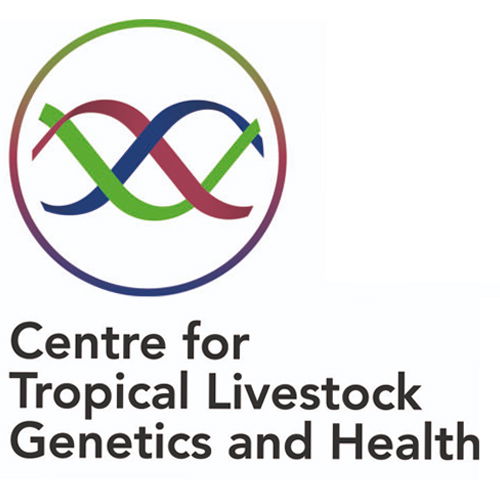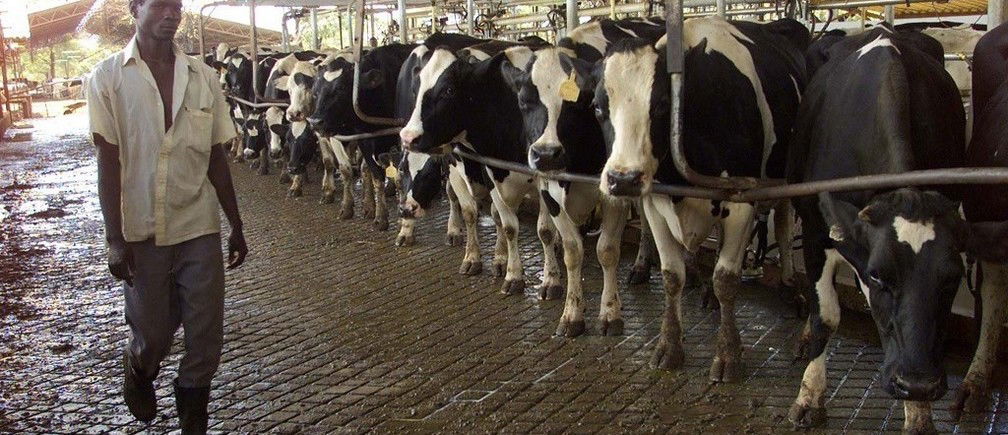
An international team of researchers, led by the Centre for Tropical Livestock Genetics and Health (CTLGH), conducted the study titled The African Animal Breeding Network as a pathway towards genetic improvement of livestock, which explores the potential for genetic gains in African livestock and how AABNet could contribute to transforming livestock production systems.
African livestock producers, have a unique opportunity to improve the production of meat, milk and eggs through modern breeding technologies and innovations being tested in Africa, according to a recent study published in Nature Genetics.
With the right support, these advancements can enhance not only productivity, but also climate resilience and sustainability.
Through strategic investment and collaboration, African livestock systems can harness tools such as genomic technologies and breeding programs to drive genetic gains.
Supported by the African Animal Breeding Network (AABNet)—a platform of genetics experts, animal breeders, and professionals providing training, advice, and support—these efforts could lead to more resilient, efficient, and sustainable livestock production, strengthening food security and rural livelihoods across the continent, researchers say.

‘In the past, genetic improvement efforts have largely focused on maximizing productivity, often overlooking environmental and climate coconsiderations.
Africa has a unique opportunity to take a different approach—one that balances productivity with sustainability, while ensuring interventions are farmer appropriate and support livelihoods,’ said Professor Appolinaire Djikeng, lead author of the study and Director General for the International Livestock Research Institute.
‘If we design breeding programs with climate adaptation and mitigation in mind, farmers get access to hardier, more productive livestock—and we build livestock systems that work for both people and the planet.’
Currently, around 85% of the world’s livestock keepers are in sub-Saharan Africa (SSA), yet they produce only 2.8% of global meat and milk outputs.
This productivity gap highlights a significant opportunity to enhance efficiency and climate resilience through improved genetics.
Additionally, a rapidly growing and urbanizing population is set to increase demand for livestock products. In West Africa alone, which has the largest share of the continent’s livestock, demand for meat, milk, and eggs is projected to rise by 50% by 2050.
Kindly,Subscribe with your Valid Email Address and receive Relevant Notifications to your active Device with Professionalism.
Thankyou for the Scheduled Quality Ample Time.
